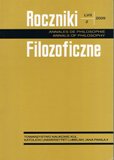

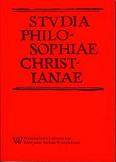
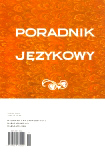
Keywords: słownik; leksykografia; leksykografia naukowa; słowniki; słownik elektroniczny;
More...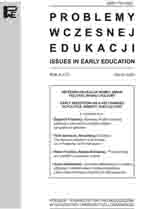
Keywords: -
Sprawozdanie z Międzynarodowej Interdyscyplinarnej Konferencji Naukowej: W świetle i cieniu idei Jana Jakuba Rousseau. Uniwersytet Gdański, 6–7 października 2014 r. A report of the International Interdisciplinary Scientific Conference: In the light and shadow of Jean Jacques Rousseau’s ideas. University of Gdańsk, 6th–7th October 2014
More...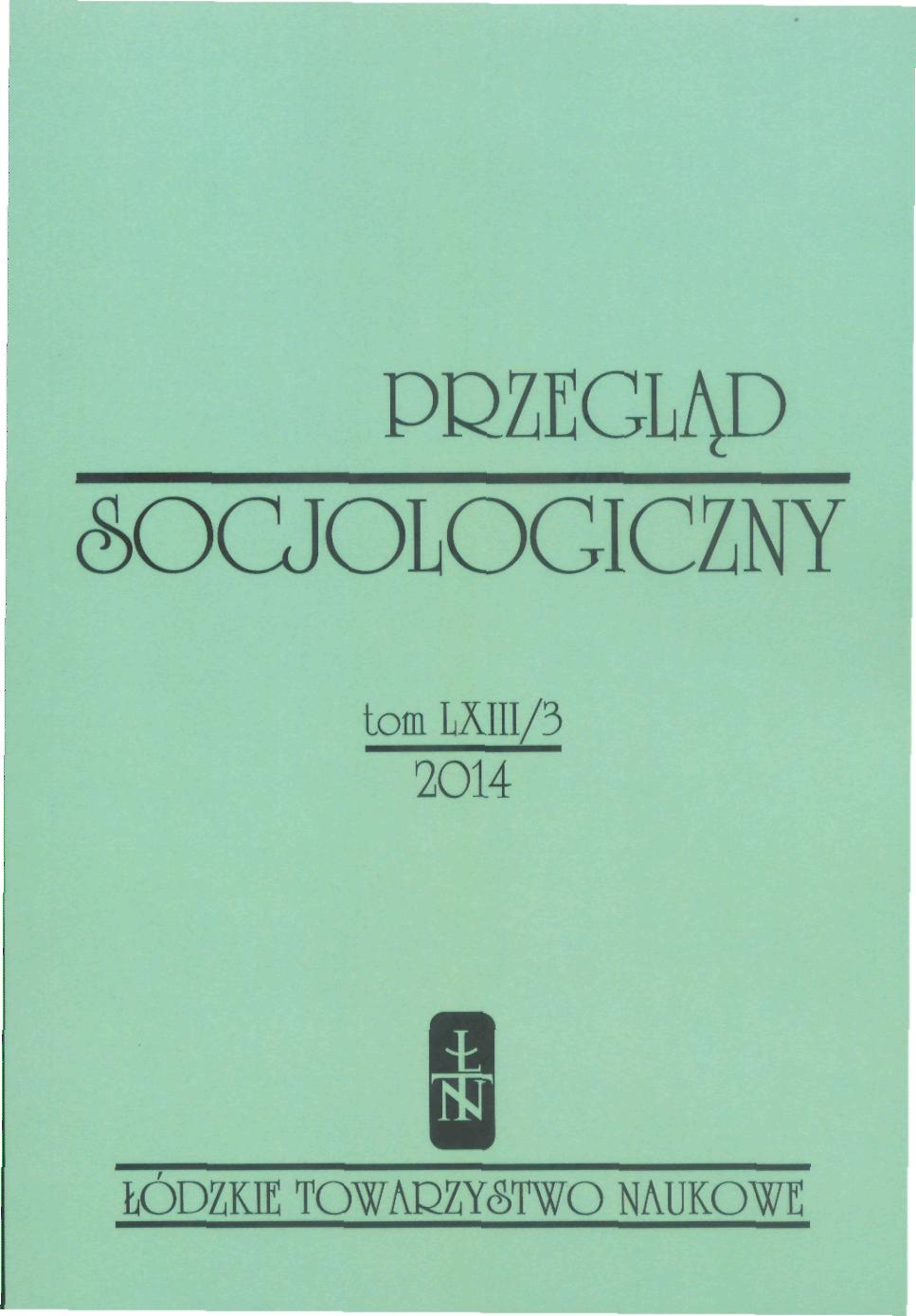
Keywords: idea of university; educational ideology; entrepreneurial university; quality of education;
The idea of university has evolved from its very beginning in the Middle Ages, but in the last two or three decades it has become the subject of revolutionary changes. These changes have become an ideological justification assigning a totally new, difficult to precisely define, social role to the university – at present only one of many higher education institutions. Different definitions of this role are contained and reflected in the concept of the “entrepreneurial university”. Like other contemporary ideological approaches, this concept glosses over the important problem of the sham and superfluous nature of mass education on the higher level, which is leading to a decrease in the quality of education decrease in many fields of study. The “entrepreneurial university” defines the quality of teaching and learning in a spirit which is in contradiction not only to the ancient idea of university, but also to the basic social functions of education. The contemporary ideas of university and the stances taken on them – from acceptance and promotion of the “entrepreneurial university” to criticism of this concept, through to the search for new ideas – leave quite a lot of space for some diagnostic reflection on the present situation of universities and/or higher education in general. This paper is an attempt to develop at least a small part of this space.
More...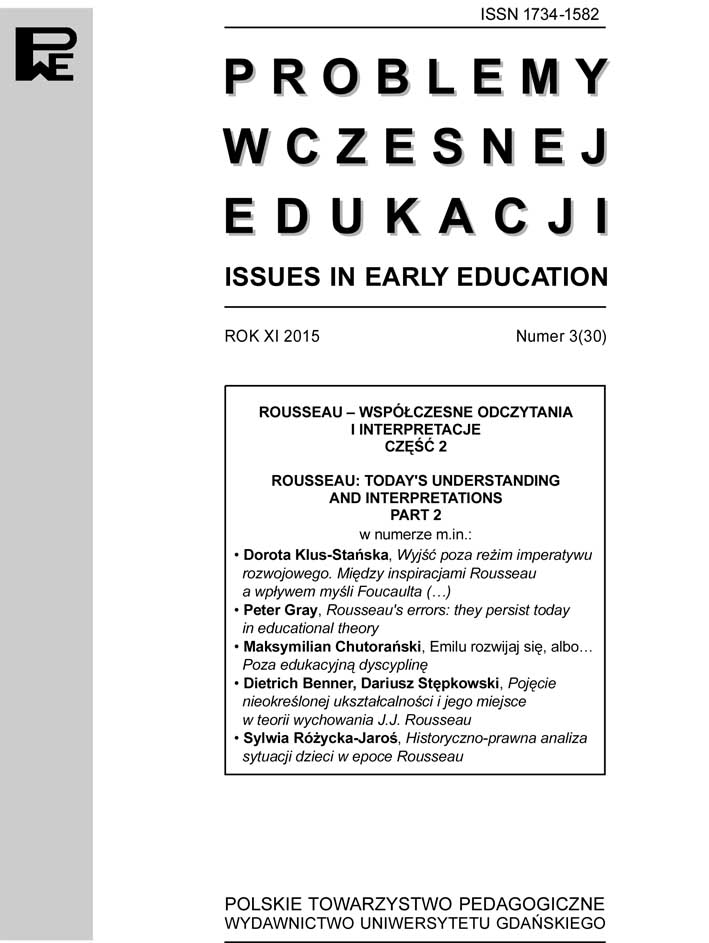
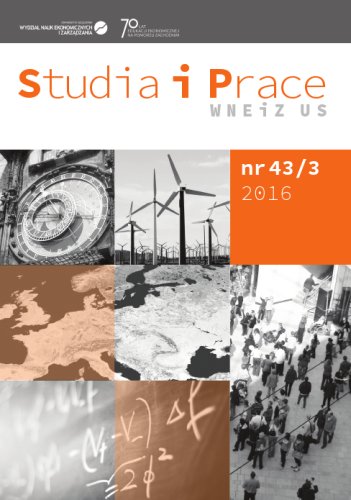
Keywords: free time; seniors; the University of the Third Age;
The purpose of this article is to verify the thesis formulated in the title. In order to achieve it, own research carried out among 229 members of U3A in Nowy Sącz was used. The empirical part of the work was preceded by theoretical considerations of free time, elderly people as market entities and specification of their needs.
More...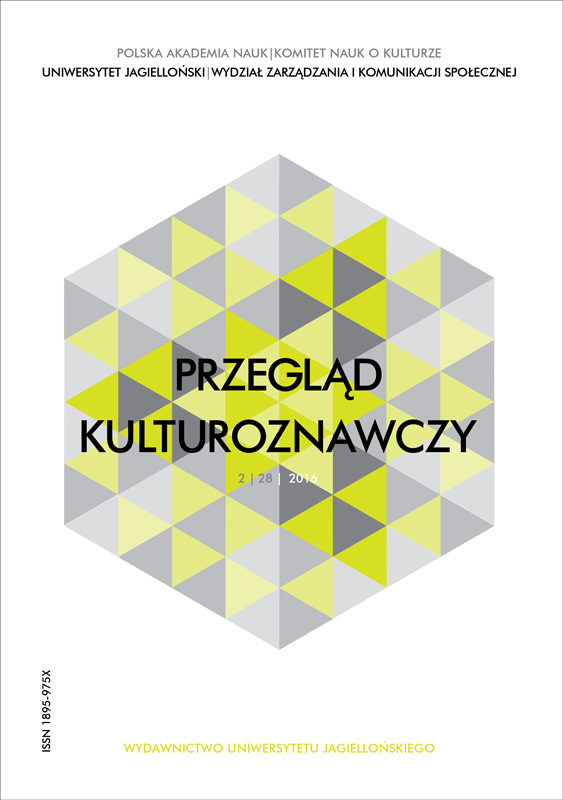
Keywords: higher education reform; crisis of the academia; changes in the academia; sociology of science and higher education; critical discourse analysis;
This paper is an analysis of professional academic discussion on reform of higher education, which was implemented in 2011. It describes how the crisis of the Polish academia was defined and what solutions were proposed. It is also an attempt to show how ministry of science tried to delegitimize academic’s right to self-diagnosis and discussion. I claim, that reform was a fulfillment of New Public Management paradigm, that results in two phenomenon. Firstly, reform was attractive for young scholars and gave them promise of emancipation. Secondly, solutions of the reform are derived from general position of Polish economics as global periphery.
More...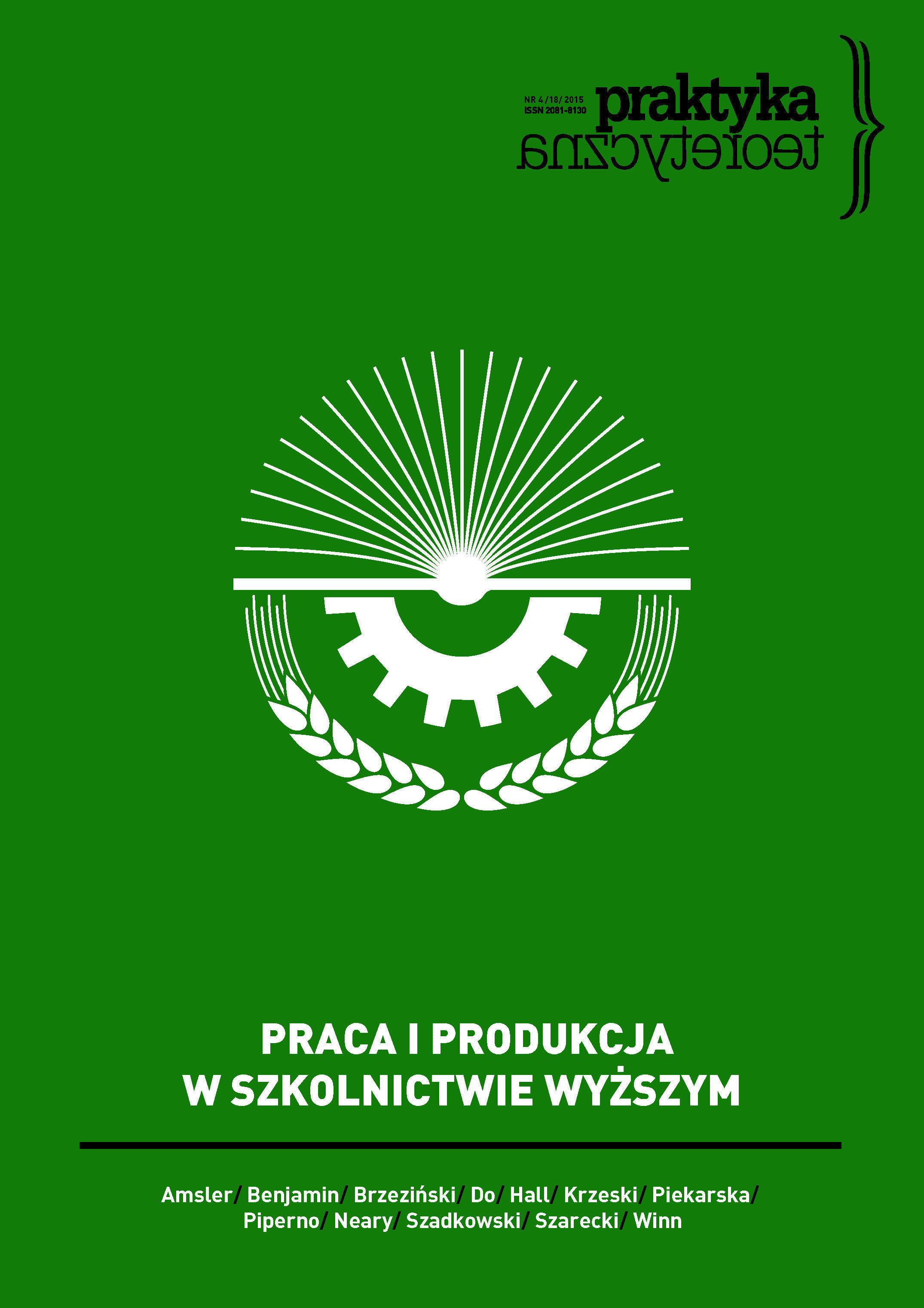
Keywords: university in crisis; student protests; activism; 1968
This essay by Franco Piperno, an Italian communist militant, was originally published as an appendix to his book 68: L’anno che ritorna. From the perspective of his own experiences with the students’ protests and resistance during 1968, he looks at the contemporary crisis of the university and the transformation of higher education in Italy. The context of his deliberations are the ongoing reforms of Italian higher education, which are tightly connected to austerity measures that originated at the beginning of the 21st century. According to Piperno, the current crisis, similarly to the one from forty years ago, opens a possibility to reappropriate the university for students, as long as they can organize themselves.
More...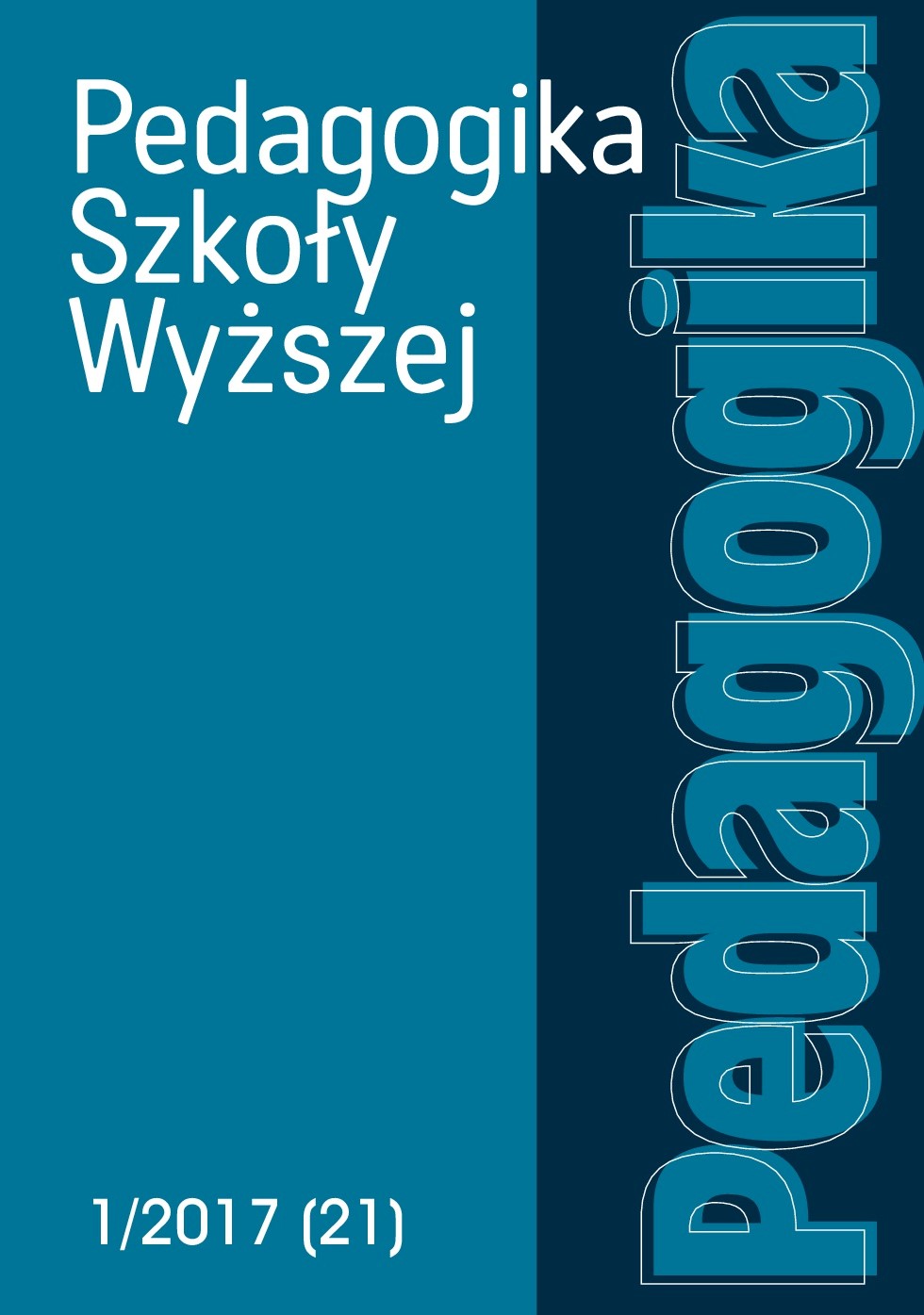
Keywords: crisis; university; student; development
Today’s position is that the university is in a state of crisis. To see if you can complete this diagnosis, I refer to the student experience in this article. I will reconstruct their perspective on the university and the opportunities it creates for their development. I recognize the elements that lie in different dimensions of the academic world, the relationship between them, which in their subjective assessment can lead to both negative and positive results. The article consists of two parts. In the first part I present the history of the crisis of the European university. By coming to the present time, I point out that the crisis of this institution is associated with departing from the model of a research university, a center of culture and a place of selfless search for the truth. In the second part I refer to the results of my own research. On the basis of the free speech of the students of the pedagogy of one of the Polish universities I am drawn to the image of an institution full of dialectical contradictions and ambiguous results that they generate. At the same time, despite a number of imperfections and shortcomings, I point out that it still has resources that can support development, inspire action, and address the needs of young people.
More...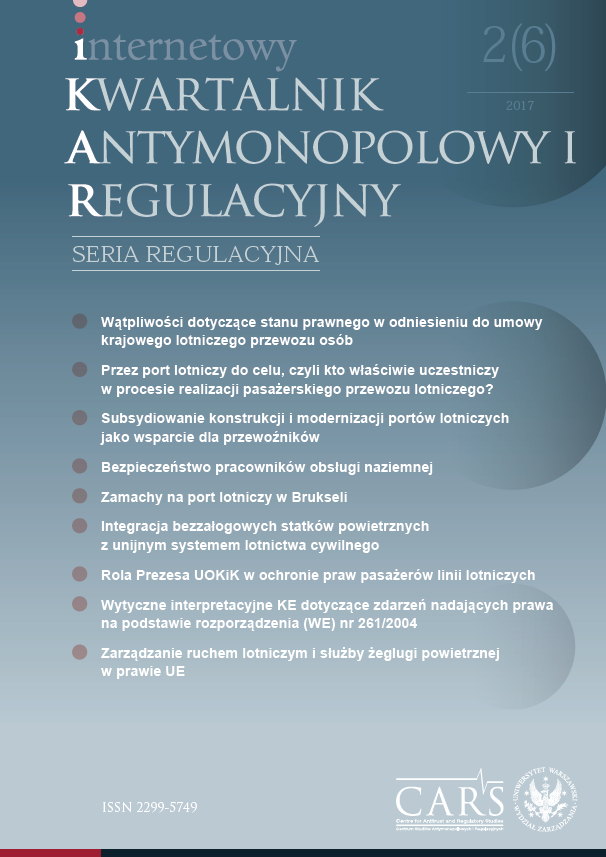
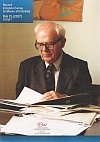
Keywords: Parisien “Kultura”; Catholic Univeristy of Lublin; Cold War, exile; book exchange; Jerzy Giedroyc; Czesław Miłosz; Andrzej Paluchowski;
Contacts between Catholic University of Lublin and Literary Institute in Maisons-Laffitte (near Paris) were not sufficiently examined by researchers. Their beginnings reach 1957. The first effects were scholarships for scholars from Lublin university, first of all granted by Ford Foundation. The Director of the foundation Shepard Stone visited Lublin in June 1957. One of the beneficies of the program was prof. Jerzy Łukaszewski, later professor and rector of College d’Europe in Brugge. But the most important effect was intensive book exchange which lasted till the end of the Cold War. It is worth to say that University Library of the Catholic University of Lublin after 1989 was one of few libraries in Poland supplied with a set of “Kultura” and publications of Literary Institute. Giedroyc had also his own vision of the role which Lublin university should play – he was trying to convince about it e.g. Czesław Miłosz who was invited to visit Lublin in June 1981. Giedroyc had good contacts also with particular scholars from the university, like Tadeusz Chrzanowski, Zdzisław Kudelski or ks. Roman Dzwonkowski, though this is not a full list. Those contacts had advantages also for an editor – he gained additional information about the situation in Poland and distribution of “Kultura” was broader. But advantages for the university were incomparably greater. Thanks to those contacts the “space of freedom and truth” was widened.
More...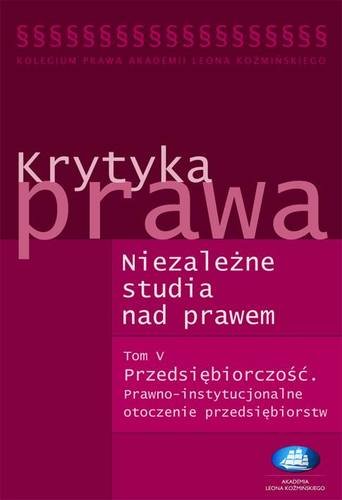
Keywords: university models; university autonomy; university governing bodies; university structure; university board; university statutes; faculty;
The Act on Higher Education and Science of 2018 considerably restricts the internal autonomy of universities. Management is vested in rectors and university boards while neglecting the role of faculties, which, if established in the first place, have been reduced to entities of no significance. The rector, as the exclusive managerial body of an institution, and the university board, representing mainly external stakeholders, as a body supervising its economy, have been vested with such an extensive authority that this may result in hindering the development of multiple academic disciplines, especially those in the area of the humanities, but also in the field of social studies in many cases.
More...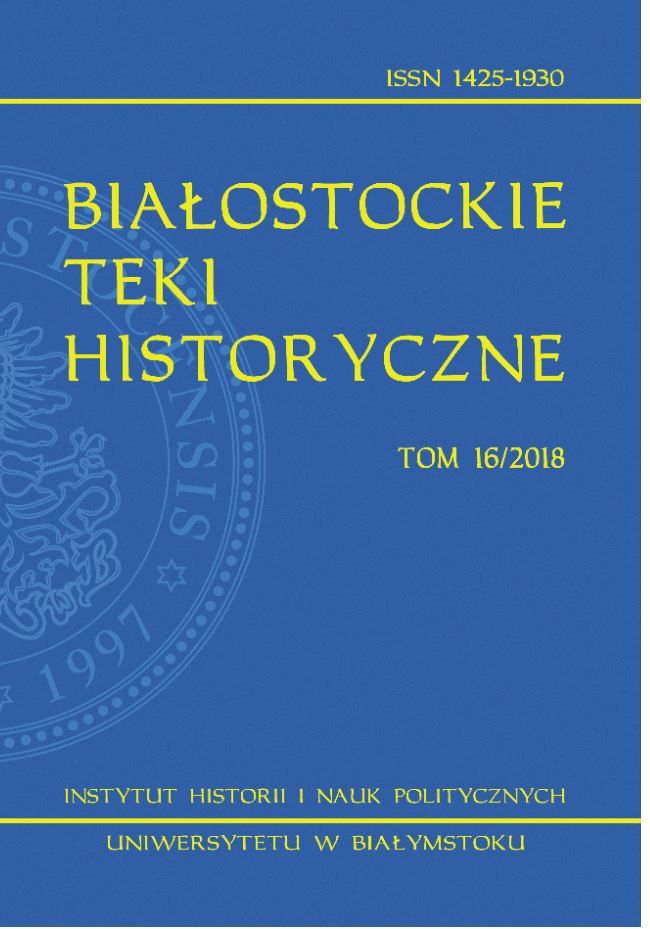
Keywords: Berkeley; New York; Columbia; university; public space; protest
In the 1960s public space, alongside with other social problems, became one of the areas where conflicts and tensions which had accumulated in previous years were visible. The problem was not only its spatial development and the manner in which it was done, but also its availability for local communities. At the time of defragmentation of the American society and searching for access to places for everyone, it became a problem of not only social but also political nature, as it intensified at the height of a deep crisis of the American state institutions. Examples of such tensions are youth protests against the activities of Columbia University in New York and Berkeley in 1968 and 1969, respectively. The universities intended to expand campuses at the expense of the areas, which, despite being wasteland, were significant to the strong counter-culture in Berkeley and the black population of the New York Morningside neighborhood, where the university is located. While in the case of the New York university the desire to build a sports hall resulted from the real needs and the need to expand the housing base, the case of Berkeley shows how delay and the incapability of making decisions translated into unexpectedly large and dramatically ended riots. The similarities between the protests in both universities can be seen in the aversion to large corporations, such as universities, the subject of the dispute (the area necessary for its development), a highly administrative and bureaucratic way of conflict resolution and its result – a strike, violent demonstrations and deaths. The main difference between the protests is the political focus visible in Columbia, consisting in the desire to provoke a sharp crisis in other universities, by carrying out an occupational strike to be a model for other universities and building an alternative community based on countercultural values, in the form of, open to all their manifestations, Berkeley People’s Park. In a broader context, events in both universities can be interpreted as a symbolic clash between the old order and the new one, for which the dispute over public space was only a pretext in the struggle for recognition and acceptance.
More...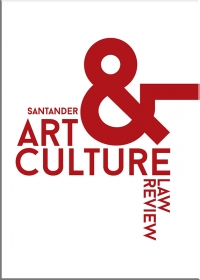
Keywords: “Immorality; Licentiousness and Promiscuity in Literature; Culture, and Law”;
W dniach 10-11 maja 2018 r. na Uniwersytecie Opolskim odbyło się VII Symposium Opoliense pod nazwą „Nieobyczajność, rozwiązłość, wyuzdanie w literaturze, kulturze i prawie”, którego organizatorami były Wydział Filologiczny oraz Wydział Prawa i Administracji Uniwersytetu Opolskiego. Dwudniowa interdyscyplinarna konferencja międzynarodowa zgromadziła humanistów z wielu państw, m.in. z Czech, Słowacji, Nigerii, Hiszpanii, Serbii, Włoch i Polski.
More...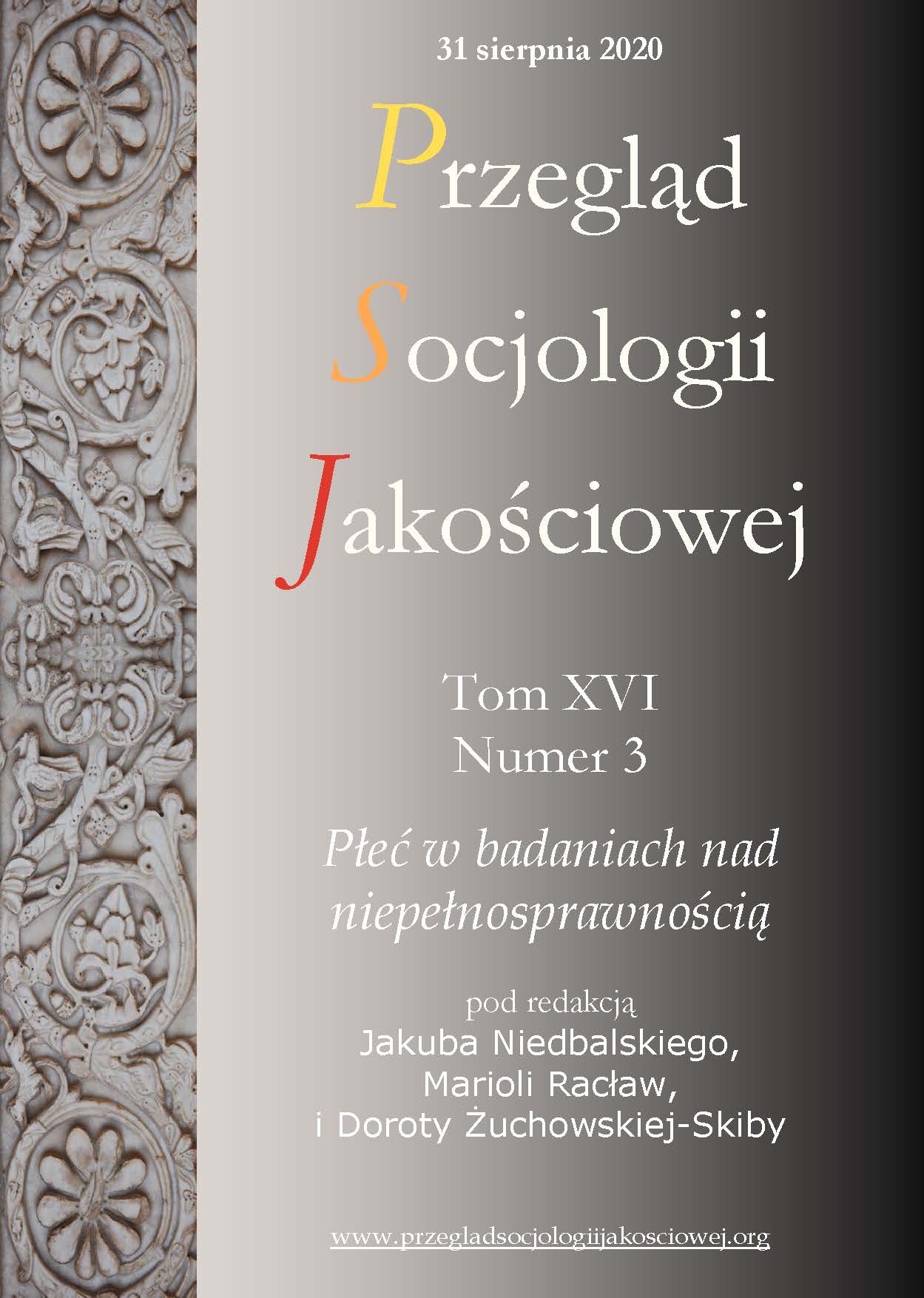
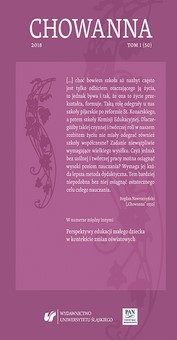
Keywords: professional competencies; social and educational work;
The university of today has become one of the many social institutions focused on training well-educated and highly qualified specialists who contribute to developing branches of economy, culture, welfare, and education. Particular field of activity, where various professional competencies are required, is social and educational work. To develop the said competencies, it seems very important not only to systemically order the knowledge coming from different scientific disciplines, but also that professionals conducting practical activities should internalize and structure the knowledge they convey. In general, the article discusses the role of university as a space for training professional competencies and also analyzes the competencies in the field of social and educational work with families and senior citizens.
More...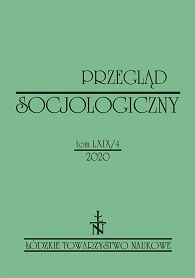
Keywords: social sciences; sociology; university; reform; literature review;
Szkolnictwo wyższe w Polsce od trzech dekad nieustannie podlega przemianom, zarówno pod wpływem uwarunkowań globalnych, jak i krajowych, które stają się coraz częściej przedmiotem badań naukowych w szeroko rozumianych naukach społecznych. Jeden z najbardziej rozpoznawalnych badaczy szkolnictwa wyższego w Polsce, socjolog Dominik Antonowicz, napisał w 2015 roku, iż choć problematyka ta od lat budzi w kraju emocje polityczne, to jednak „towarzysząca jej debata ma zwykle charakter publicystyczny, obfituje w «obrazy grubym pędzlem malowane», ignorujące często stan wiedzy, który akurat w tym obszarze jest bardzo bogaty”[Antonowicz 2015: 7]. Dużo bardziej krytyczną opinię na temat stanu rodzimych badań szkolnictwa wyższego sformułował Marek kwiek [2019: 45], pisząc, że „przez pierwszych dwadzieścia lat transformacji prowadzone w Polsce badania cechował stosunkowo wąski zakres tematyczny, słabe osadzenie w ramach teoretycznych” oraz skażenie lokalnością. Autor ten podkreślił bardziej zaangażowany i doraźny niż naukowy charakter powstających przed „epoką dużych reform” studiów i analiz, określając to wprost „deficytem naukowości”, ze względu na marginalne umiędzynarodowienie owych opracowań [kwiek 2019: 47–48].
More...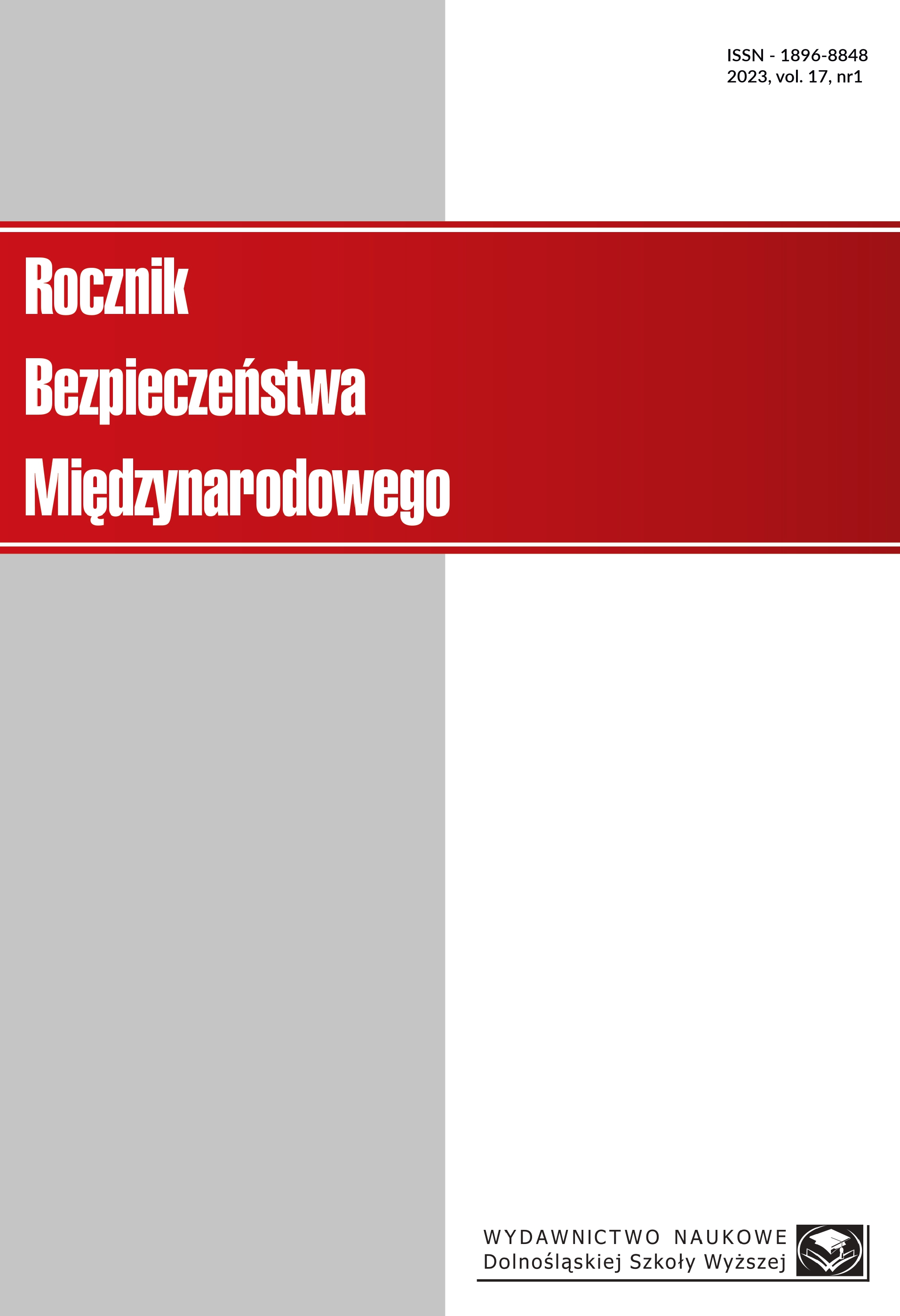
Keywords: strategic studies
More...